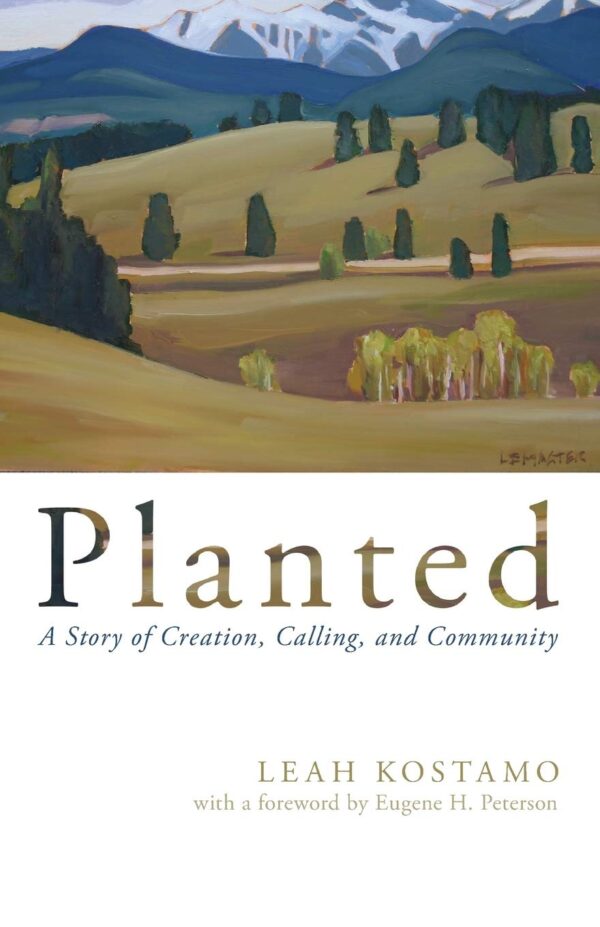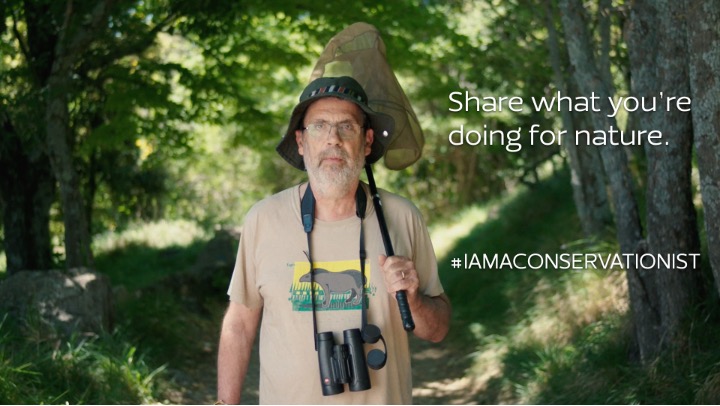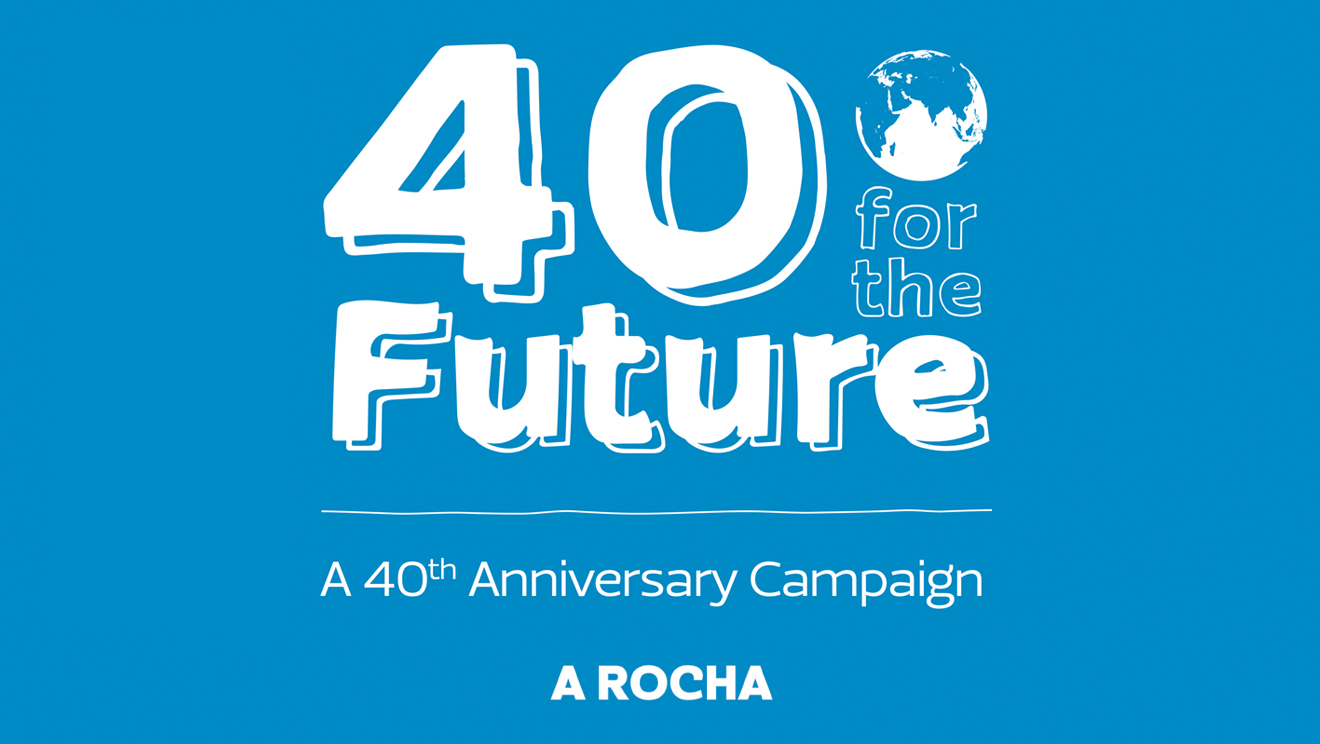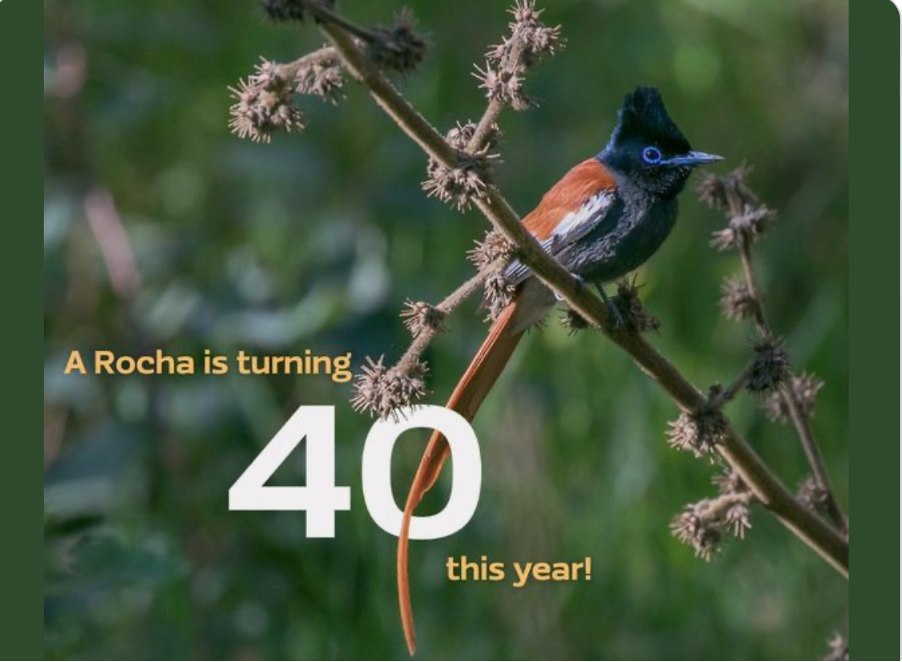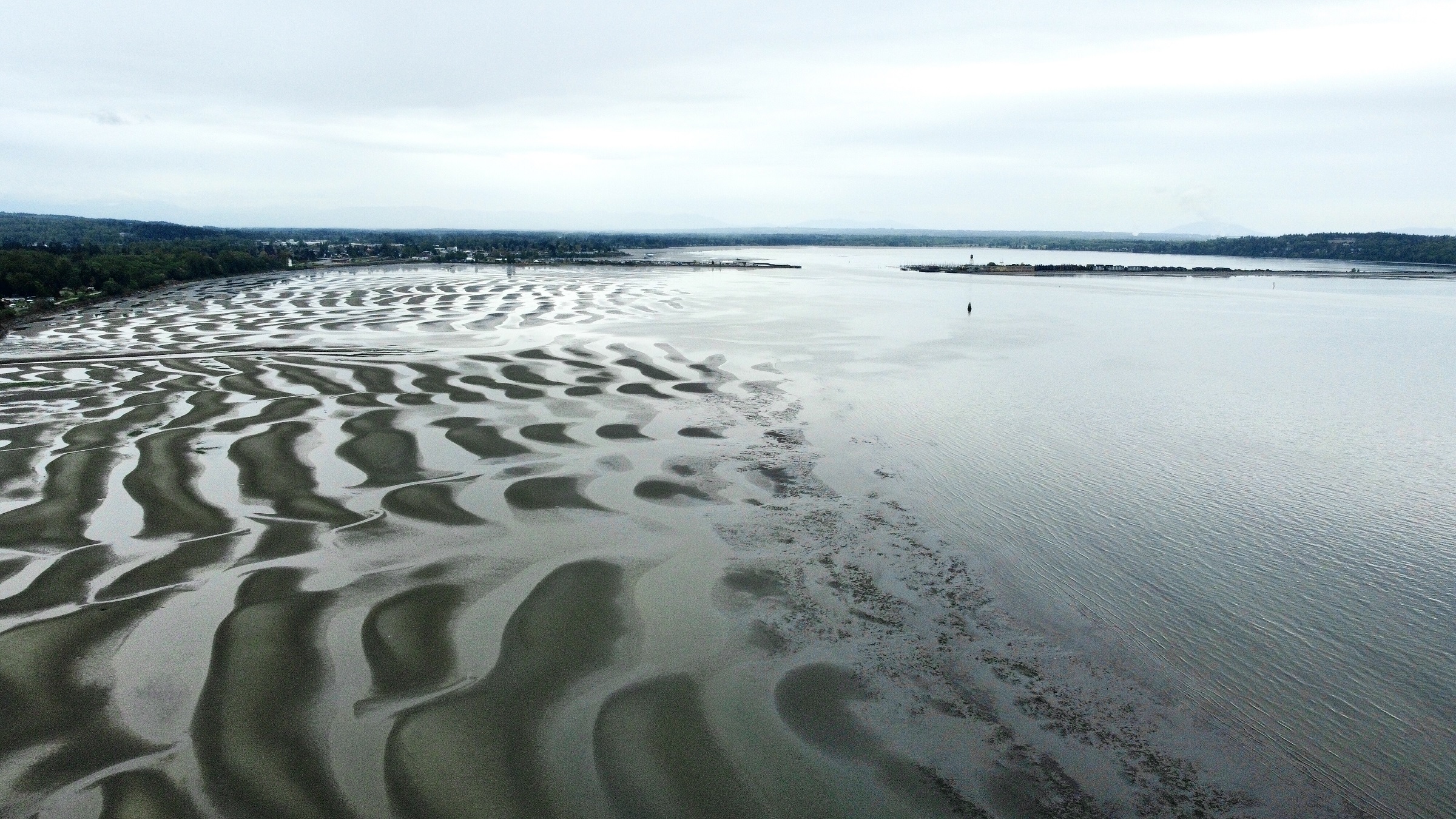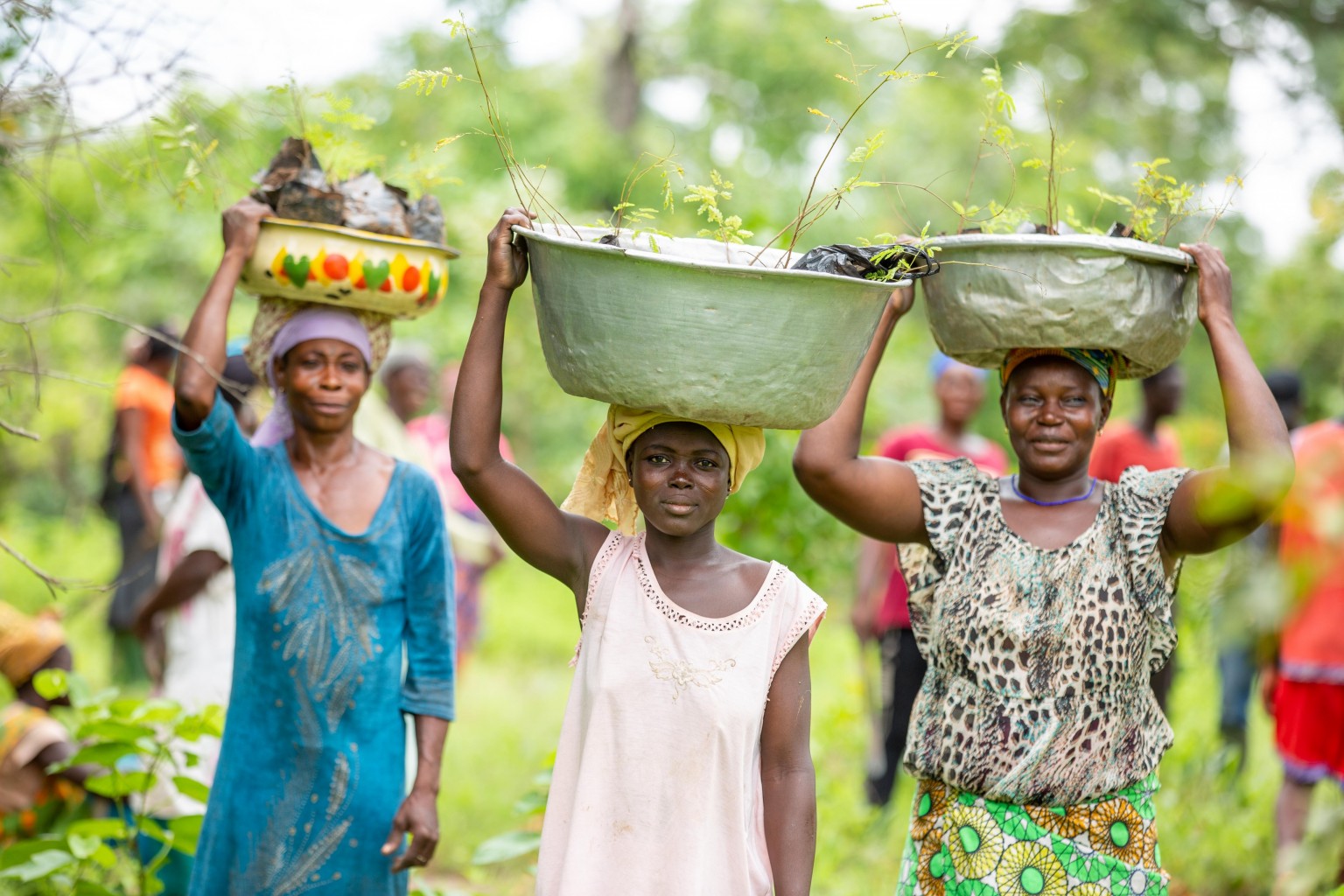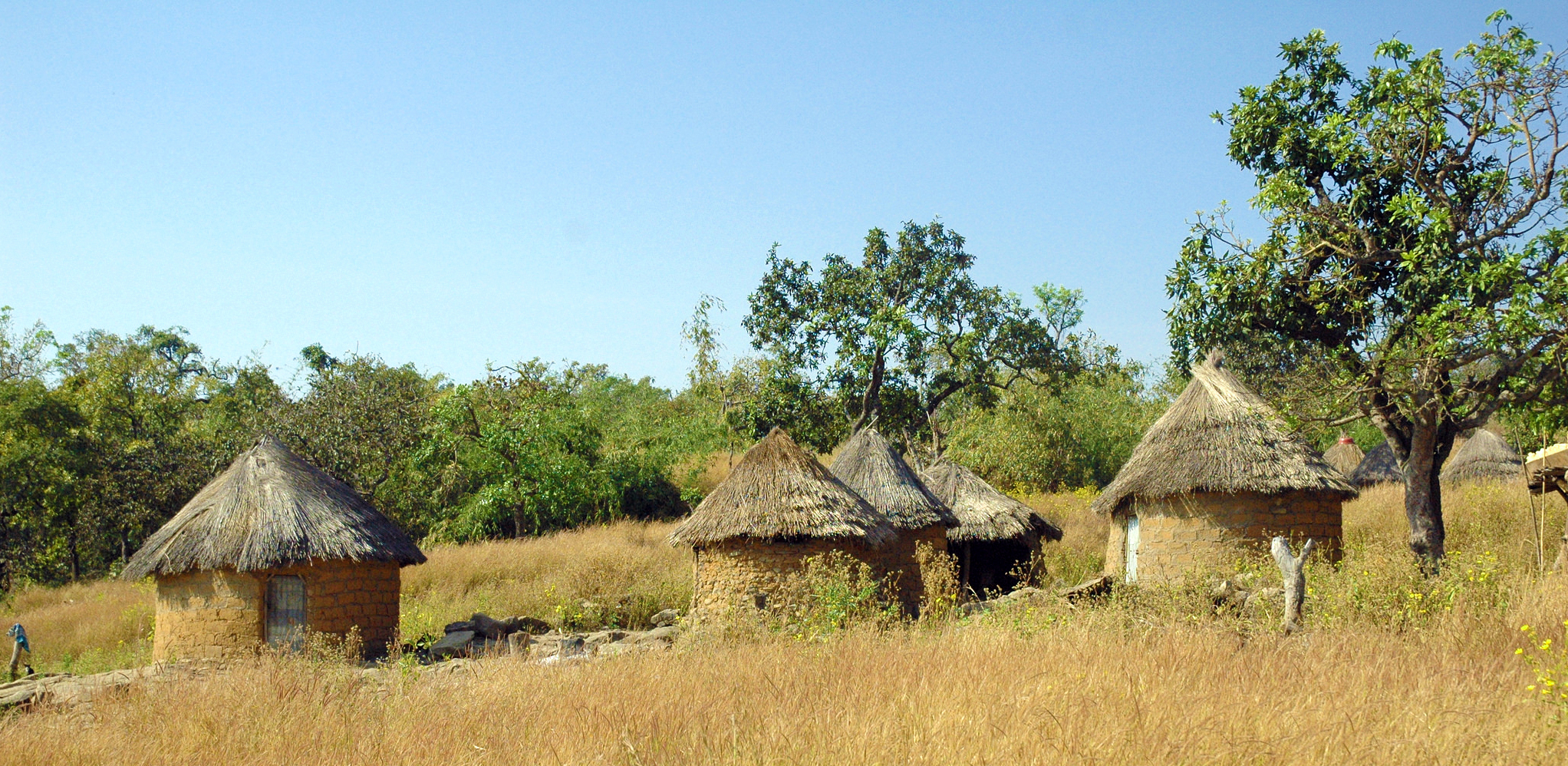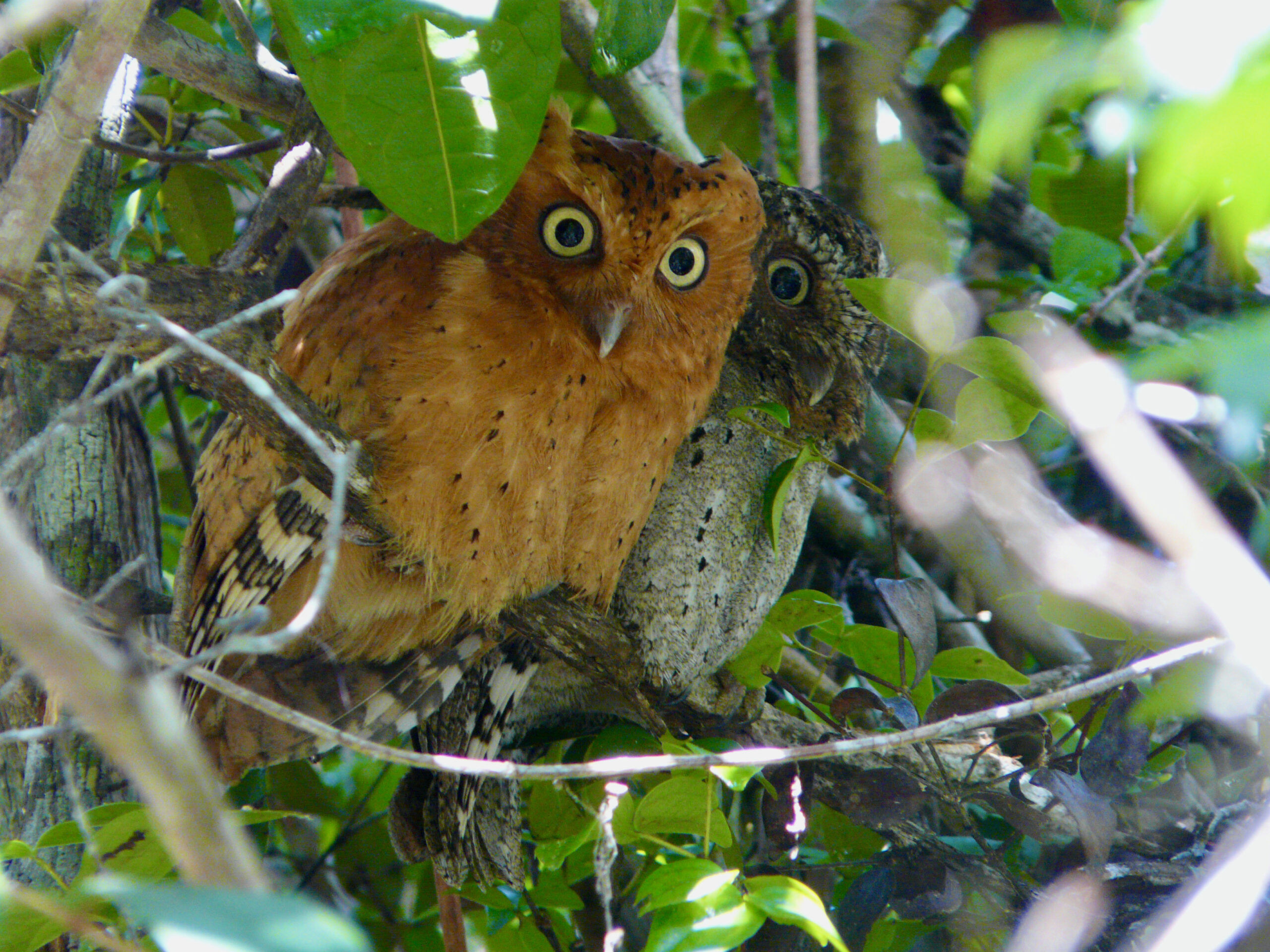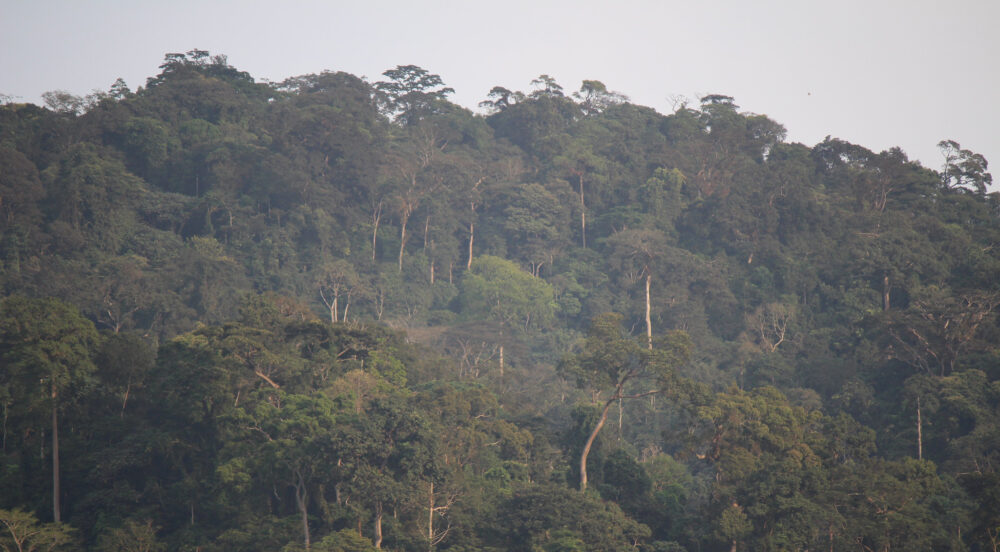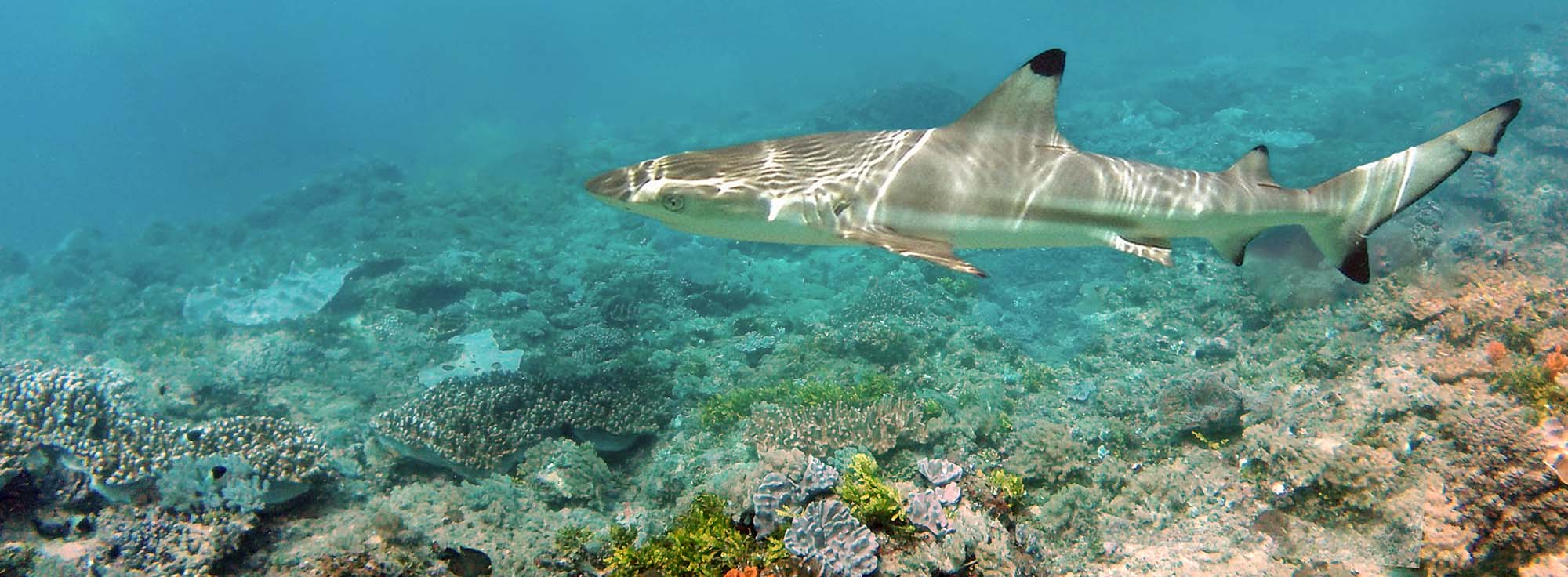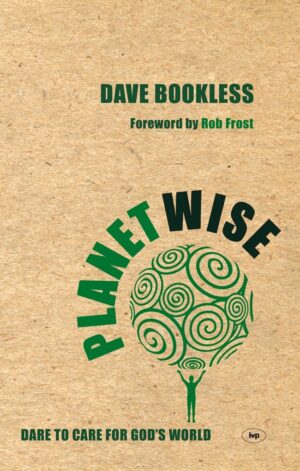
A Rocha is a global family of conservation organizations working together to live out God’s calling to care for creation and equip others to do likewise.
Nature conservation
Through residential field study centres and our site-based projects we carry out ecological monitoring and research in areas of high value for wildlife.
Church engagement
We support Christians for environmental action through conservation projects, resources for churches and involvement in global networks.
Environmental education
We seek to unite Christian professionals in finance and sustainability to collaboratively develop frameworks and demonstrate thought leadership, thereby guiding financing decisions towards initiatives that reflect Christian perspectives on sustainability.
Nature conservation
Through residential field study centres and our site-based projects we carry out ecological monitoring and research in areas of high value for wildlife.
Church engagement
We support Christians for environmental action through conservation projects, resources for churches and involvement in global networks.
Environmental education
We encourage appreciation of nature and participation in its conservation, through environmental education and community outreach.
Where we work
Key: Friends of A Rocha
A Rocha Organizations

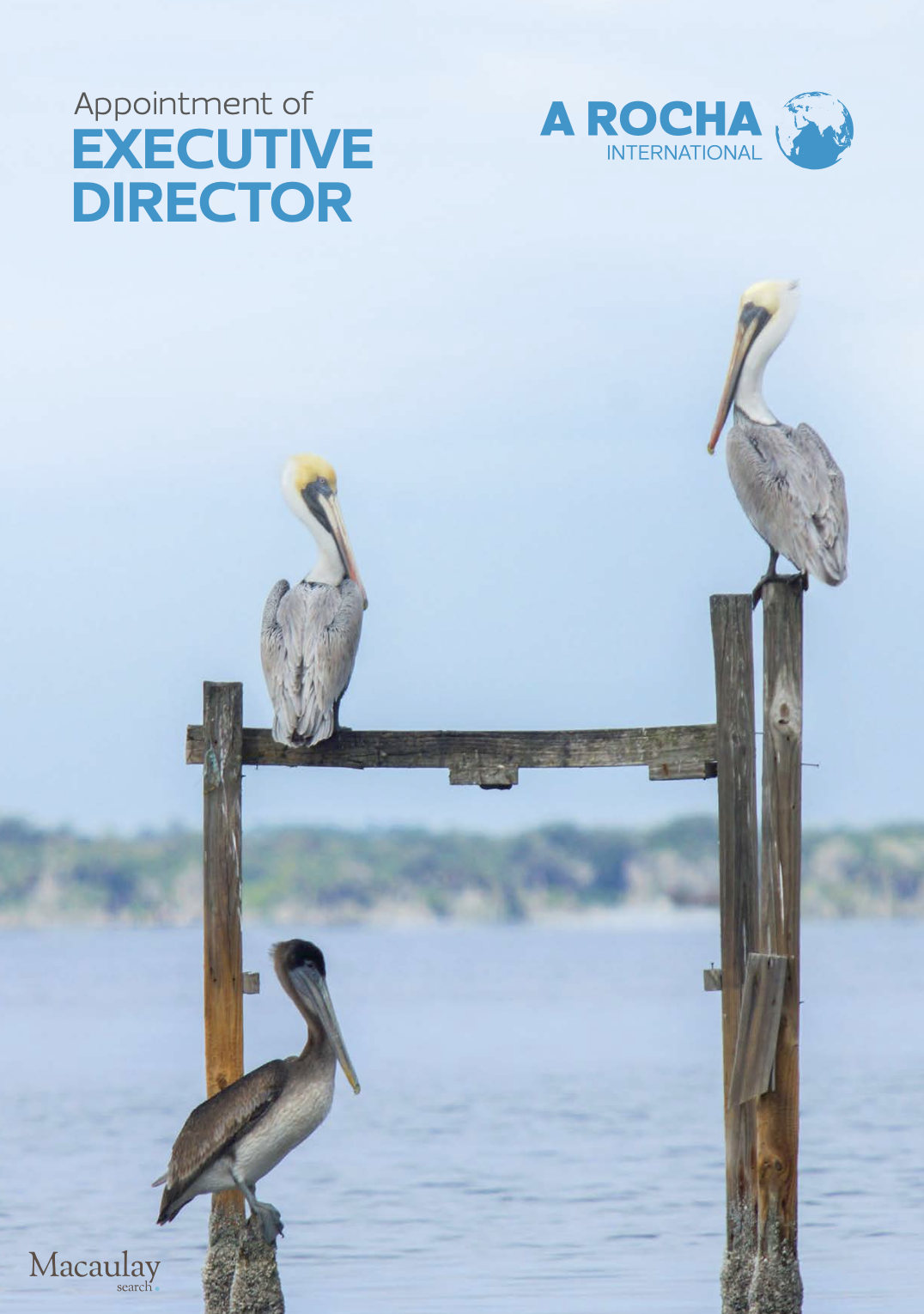
Field notes podcast is back! With one or two changes, but still the same themes of conservation and hope through a wide lens. From conservation scientists and explorers, to artists, entrepreneurs and theologians. They have hopeful stories to tell.
A Rocha at CBD COP15
During the CBD COP15 in Montreal this year, A Rocha articulated a distinctively Christian voice in support for greater ambition in the Post-2020 Global Biodiversity Framework.
Faith-based communities are critical in helping to achieve success in implementing the Post-2020 Global Biodiversity Framework. Given that Christianity has so many adherents, strong commitments from Christians for the recovery of nature should be sought.
Bookshop
You can now order books direct from the A Rocha International site. Follow the link below or scroll thorough our books and add them to your basket. If you buy them direct from us a percentage of the proceeds go straight to the work of A Rocha around the globe.
Latest news
I am a conservationist
40 for the future campaign
A Rocha turns 40! What to look forward to this year:
Have a Christmas with a difference
Towards bountiful life in Boundary Bay
Sunkpa Shea Women: from rural Ghana to New York
Get in touch
Get our email updates
We would love to keep you updated by email with new videos and inspiring stories from around the world, as well as opportunities to get involved and make a difference.
Get our email updates
We would love to keep you updated by email with new videos and inspiring stories from around the world, as well as opportunities to get involved and make a difference.





